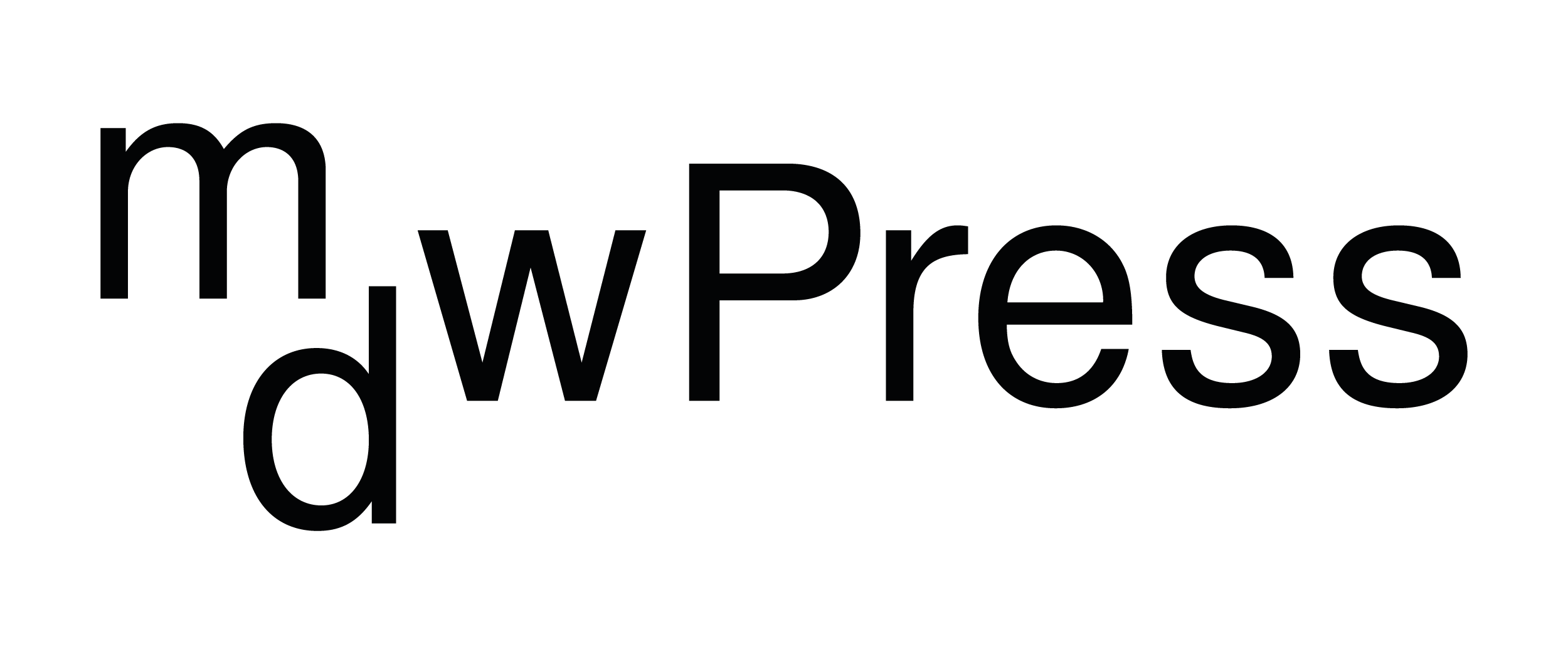
Transformation. Music Mediation as a Game Changer
Deadline for contributions: December 31, 2025
Recent years have been marked by profound and ongoing change across societal, cultural, digital, political, financial, and ecological dimensions. These shifts are not only affecting our communities and institutions but are also shaping how we engage with music of all genres as well as the role musicians play as change makers in society (Gaunt et al. 2021). For some time now, a paradigm shift has been observed in the cultural sector: there are calls to think about cultural production from the perspective of mediation (Mohr 2023, 25; Wimmer 2022) and to view mediators as strategic experts in transformation. In practice, however, the transformative potential of music mediation is often overlooked or even ignored, and music mediation is reduced to an ‘affirmative’ function (Mörsch 2012, 116; 124-133).
Transformations in the context of music mediation take place on an individual and structural level. They concern, on the one hand, artistic processes in concert and participatory settings, and the associated individual aesthetic experiences (Pizzolante et al. 2024; Fischer-Lichte and Wihstutz 2018). However, this does not imply an intention to change participants or audiences in a targeted or normative way, nor to measure such effects (Matarasso 2019, 119-120). Rather, the focus lies on enabling open-ended experiences and co-creating spaces in which transformation – if it occurs – emerges from within the shared artistic process.
On the other hand, intra-music mediation (Müller-Brozović 2025, 7) has a structural effect: it changes not only the music mediators and musicians themselves, but also the ensembles and institutions involved. The focus of study in this case is not on the audience or participants, but exclusively on the impact of music mediation projects on those managing and implementing them. Through such intra-music mediation, individual changes are linked to structural changes. This has an impact on organizations and their cultures, requiring changed management processes and new definitions of leadership, collaboration, quality, institutional strategies, and priorities (Pébrier 2021). Overall, this call addresses transformations at the micro, meso, and macro levels and how these levels and transformations influence each other.
Transformation is not understood as a plannable optimization, but as a profound, open-ended process that makes music accessible in all its genres and facets. However, the role of music mediation as a key agent and architect of transformation remains insufficiently explored and theorized. This issue will include selected contributions from the 2025 conference "Transformation - Music Mediation as a Game Changer" held at the Bruckner University in Linz (Austria), as well as new contributions submitted in response to this open call, which will bring in contrasting, new international perspectives. We invite theoretical, empirical, artistic-research, and practice-based articles as well as portraits or interviews with music mediation practitioners. Interdisciplinary perspectives - drawing from music sociology, psychology, education, cultural studies, arts management, and related fields - are especially welcome.
Proposals for articles may address the following areas and questions, among others:
- Individual and structural transformation processes and change management in the context of music mediation (among the initiators, organizers, performers and facilitators of music mediation, but not among the audience and participants)
- What transformations are emerging in the field of music in artistic and structural terms?
- Who and what are changing, and how?
- What cultural, socio-political, and educational framework conditions enable or hinder a transformation of the music field toward a greater diversity and accessibility of musical practices?
- What theoretical references (e.g., in sociology, psychology, cultural management, cultural studies, education, etc.) can be used to understand these changes?
- What challenges are associated with these transformations and how are they being addressed?
- Which future scenarios might influence today's practices and in what way?
- The role of music mediation in artistic and culture-organizational transformation
- What function does music mediation play in artistic and structural transformation processes?
- How can music mediation become a shared attitude and task for ensembles and cultural organizations (rather than being delegated to a specific person or department)?
- What are the goals, the beliefs, and the discourses of music mediation in a transformative setting?
- How does the independent/freelance scene contribute to artistic and culture-organizational transformation?
- The consequences of transformation processes for music mediation
- What new understandings of leadership, impact, and quality arise in transformative music mediation?
- How can artistic and culture-organizational transformation be made visible and/or evaluated?
Exploring these questions will contribute to a better understanding, a new positioning, and the further development of music mediation in the context of a changing society.
Deadline for contributions: December 31, 2025
Editorial Feedback: before January 31, 2026
Peer Review: until March 15, 2026
Manuscript Revision: until May 15, 2026
Proof Reading and Plagiarism Check: June 2026
Publication: July 2026
Bibliography
Fischer-Lichte, Erika, and Benjamin Wihstutz. Eds. 2018. Transformative Aesthetics. New York: Routledge.
Gaunt, Helena, Celia Duffy, Ana Čorić, Isabel R. González Delgado, Linda Messas, Oleksandr Pryimenko, and Henrik Sveidahl. 2021. "Musicians as ’Makers in Society': A Conceptual Foundation for Contemporary Professional Higher Music Education". Frontiers in Psychology 12 (August): 713648. https://doi.org/10.3389/fpsyg.2021.713648.
Matarasso, François. 2019. A Restless Art. How participation won, and why it matters. London: Calouste Gulbenkian Foundation. Available online: https://arestlessart.com/wp-content/uploads/2019/03/2019-a-restless-art.pdf [19.05.2025].
Mohr, Henning. 2023. "Zeit für Transformation(en). Notwendige Paradigmenwechsel in der Kulturpolitik". In Systemkritik! Essays für eine Kulturpolitik der Transformation, edited by Svenja Reiner, Simon Sievers and Henning Mohr, 23-27. Bielefeld: transcript.
Mörsch, Carmen. 2012. Time for Cultural Mediation. Available online:
https://www.kultur-vermittlung.ch/zeit-fuer-vermittlung/download/pdf-e/TfCM_0_Complete_Publication.pdf [05.05.2025].
Müller-Brozović, Irena. 2025. "Towards a Resonance-Oriented Music Mediation: A Theoretical Foundation of Vibrant Music Relationships". International Journal of Music Mediation, 1(1). https://doi.org/10.71228/ijmm.2024.9.
Pébrier, Sylvie. 2021. Réinventer la musique dans ses institutions, ses politiques, ses récits: essai. Collection Musiques - Pédagogies. Château-Gontier: Aedam Musicae.
Pizzolante, Marta, Matthew Pelowski, Theresa Rahel Demmer, Sabrina Bartolotta, Eleonora Diletta Sarcinella, Andrea Gaggioli, and Alice Chirico. 2024. "Aesthetic experiences and their transformative power: a systematic review". Frontiers in Psychology 15 (328449): 1-22. DOI: 10.3389/fpsyg.2024.1328449.
Wimmer, Michael. Ed. 2022. Für eine neue Agenda der Kulturpolitik. Berlin/Boston: De Gruyter.
